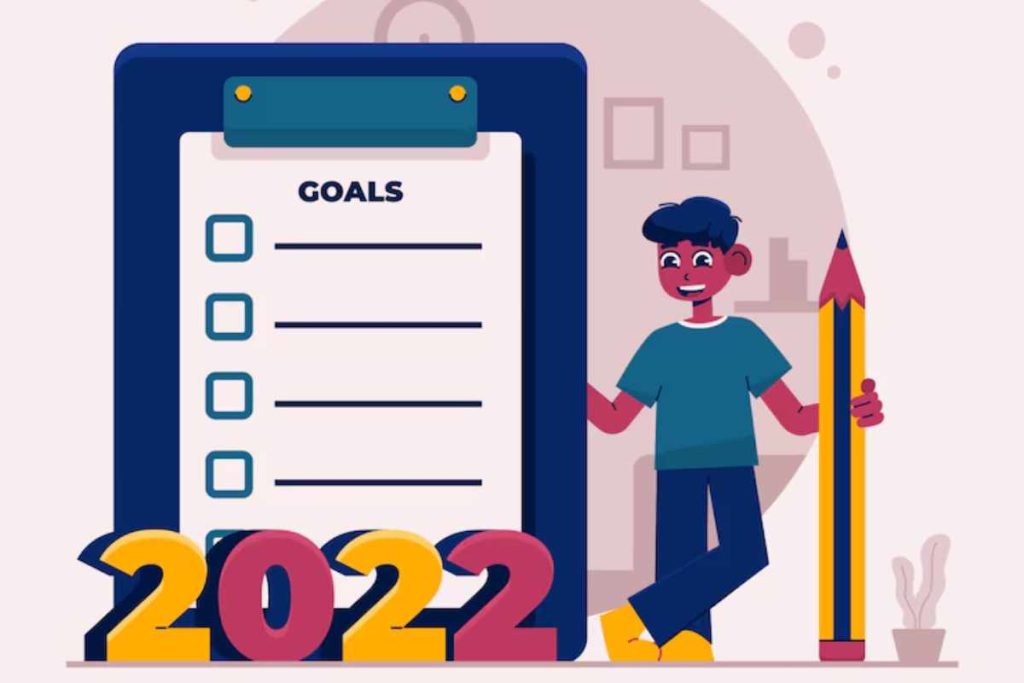It is amazing how music can arouse feelings, stimulate the mind, and bring people together. From the soothing sounds of a favourite ballad to the upbeat tempo of a dance track, music has been a part of human culture for centuries. In today’s world, the power of having good music in your life cannot be underestimated.
Whether relaxing at home, focusing on work, or celebrating with friends, music can shape your mood, enhance creativity, and even improve your health.
In this article, we will explore how having good music in your life can positively impact your well-being, productivity, and social connections. From improving mental health to boosting concentration, incorporating music into your daily routine is a powerful tool for enhancing your life.

The Psychological Benefits of Having Good Music in Your Life
Music has long been known to have psychological benefits, and its power to influence emotions and mood is well-documented. Listening to good music can help individuals reduce stress, elevate their mood, and enhance their general mental well-being.
Stress Relief and Relaxation
One of the most significant psychological benefits of having good music is its ability to reduce stress and anxiety. Many people find that calming music helps them relax after a long day. Whether classical, jazz, or ambient music, slow-tempo tunes can lower blood pressure, moderate the heart rate, and create a sense of calm.
In moments of high stress, listening to music can be a distraction, helping you shift your focus away from stressors and onto something more pleasant. For example, instrumental music can create a peaceful environment, allowing you to unwind and decompress.
Boosting Mood and Emotional Well-being
Good music can boost your mood, lifting your spirits when you are feeling down or stressed. Dopamine is a neurotransmitter that can be released in response to music. Plays a key role in happiness and pleasure. Listening to your favourite songs or an uplifting playlist can help you feel more energetic, happy, and positive.
Specific genres are especially effective in eliciting emotions, whether through the lyrics or the rhythm. Upbeat tunes or motivating tracks can boost self-confidence and help overcome feelings of sadness or hopelessness. Music is an emotional outlet that allows people to connect with their feelings and express them in ways words alone might not achieve.
The Cognitive Benefits of Having Good Music in Your Life
In addition to its psychological benefits, good music can also improve mental abilities like memory, concentration, and creativity.
Improved Focus and Concentration
Listening to music can enhance concentration and focus, especially for those who need to stay productive in a busy environment. Research suggests that certain types of music, such as classical or instrumental, can enhance cognitive performance by helping you concentrate on the tasks.
Many people find that listening to these genres while studying or working boosts productivity and reduces distractions.
For tasks that require deep concentration, music can also help establish a sense of rhythm and flow, making it easier to stay engaged. As long as the music is not too distracting or fast-paced, it can help maintain a steady focus and mental clarity.
Boosting Creativity
Having good music in your life can also stimulate creativity and inspire new ideas. Whether you’re an artist, writer, or entrepreneur, music can be an invaluable tool for sparking creativity. Research has indicated that music can activate the brain’s creative centres, leading to increased innovation and problem-solving.
Many people find that listening to music while engaging in creative activities allows their thoughts to flow more freely. Music genres can evoke various emotions and ideas, helping you explore other creative avenues. Some of the world’s greatest artists and thinkers have credited music as a source of inspiration for their work.
The Social Benefits of Having Good Music in Your Life
In addition to its individual benefits, good music can improve social interactions and create stronger connections with others.
Bringing People Together
Music has always been a powerful force that has united people. Music brings people together, whether it’s a live concert, a social gathering, or simply sharing a playlist with a friend. Group activities centred around music, such as singing or dancing, can create a sense of community and strengthen relationships.
Shared experiences through music, like attending a concert or enjoying a favourite song together, foster bonding and create lasting memories. Listening to music with others often leads to deeper conversations about personal tastes, memories, and emotions, helping people form connections more meaningfully.
Music as a Universal Language
One of the most powerful aspects of having good music in your life is that it transcends language and cultural barriers. People from various backgrounds may understand and enjoy music since it is a universal language, regardless of their culture or nationality. The emotional connection created by a song can be experienced by anyone, whether they speak the same language or not.
For example, people from different cultures may come together at a concert or event to enjoy the same music. Music’s universal appeal makes it a unique tool for building cross-cultural understanding and creating a sense of unity, even among people worldwide.
The Physical Benefits of Having Good Music in Your Life
Not only does music have psychological and social benefits, but it can also positively impact physical health.
Enhancing Exercise and Physical Performance
Many people listen to music as a motivational tool while exercising. Good music can make a significant difference in your physical performance, whether it’s upbeat songs to get you pumped for a workout or calming music to help with stretching and relaxation.
Research has shown that listening to music while exercising can increase endurance, improve athletic performance, and reduce the perception of effort. The rhythm and tempo of the music can match your workout pace, encouraging you to keep going and push through physical challenges. It also helps to alleviate fatigue, making exercise feel less strenuous and more enjoyable.
Improving Sleep Quality
Music can improve sleep quality, especially when it’s part of a nighttime routine. Before bed, listening to relaxing music can help you unwind and fall asleep faster. Slow-tempo or instrumental music can help quiet your mind and prepare your body for rest. Studies have shown that people who listen to music before bed report feeling more rested and refreshed upon waking.
Good music is an excellent alternative to other sleep aids. It offers a calm and natural approach to relaxation. And get a better night’s sleep.
The Power of Music for Personal Growth and Reflection
Music isn’t just an external influence; it can also foster personal growth and self-reflection.
Music for Motivation and Personal Development
Listening to motivational music or lyrics that resonate with your goals can inspire you to achieve more. Whether you need a push to get through a tough workout, a challenging task, or a difficult day, having good music in your life provides the mental boost needed to stay focused and keep going. Music can act as an affirmation, reminding you of your strengths and encouraging perseverance.
Music for Reflection and Healing
Music can also serve as a tool for introspection and healing. Many people turn to music when they need to process emotions, especially during loss or hardship. Lyrics that resonate deeply can offer comfort, and instrumental pieces can provide peace and clarity. Music’s power to connect us to our inner selves makes it an essential companion for personal growth.
Conclusion: The Enduring Power of Good Music
From improving mental health to fostering social connections and boosting creativity, the power of having good music in your life is undeniable. Music can influence our emotions, inspire creativity, and enhance our physical performance. Whether it’s through its psychological benefits, social impact, or its role in personal growth, music plays an integral part in enriching our lives.
Incorporating good music into your daily routine is a simple but effective way to improve your overall well-being. So, take the time to enjoy the tunes that resonate with you and allow the power of music to elevate your life to new heights.
Frequently Asked Questions(FAQs):
How does having good music benefit your mental health?
Listening to good music can reduce stress, boost mood, and improve emotional well-being by releasing dopamine, enhancing happiness and relaxation.
Can good music improve focus and productivity?
Listening to instrumental or calming music can help improve focus, concentration, and productivity, especially during tasks like studying or working.
How does music help with creativity?
Music stimulates creative thinking by activating the brain’s creative centres, helping people explore new ideas and express themselves more freely.
Does music improve physical performance during exercise?
Absolutely! Music with an upbeat tempo can enhance endurance, reduce perceived effort, and make workouts feel less strenuous, boosting overall performance.
What are the social benefits of having good music?
Music brings people together, fosters connections, and strengthens relationships by providing shared experiences, such as attending concerts or enjoying music together.
How can music aid in relaxation and sleep?
Before going to bed, relaxing music can help you relax, quiet your mind, and enhance the quality of sleep, enabling a more peaceful night’s sleep.
Can music have a positive impact on personal growth?
Yes, music can serve as a source of motivation and inspiration, offer a means of reflection and healing, and aid in personal development and emotional growth.











